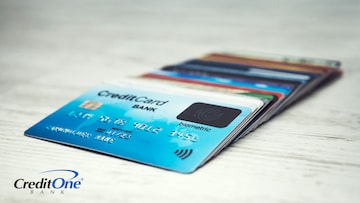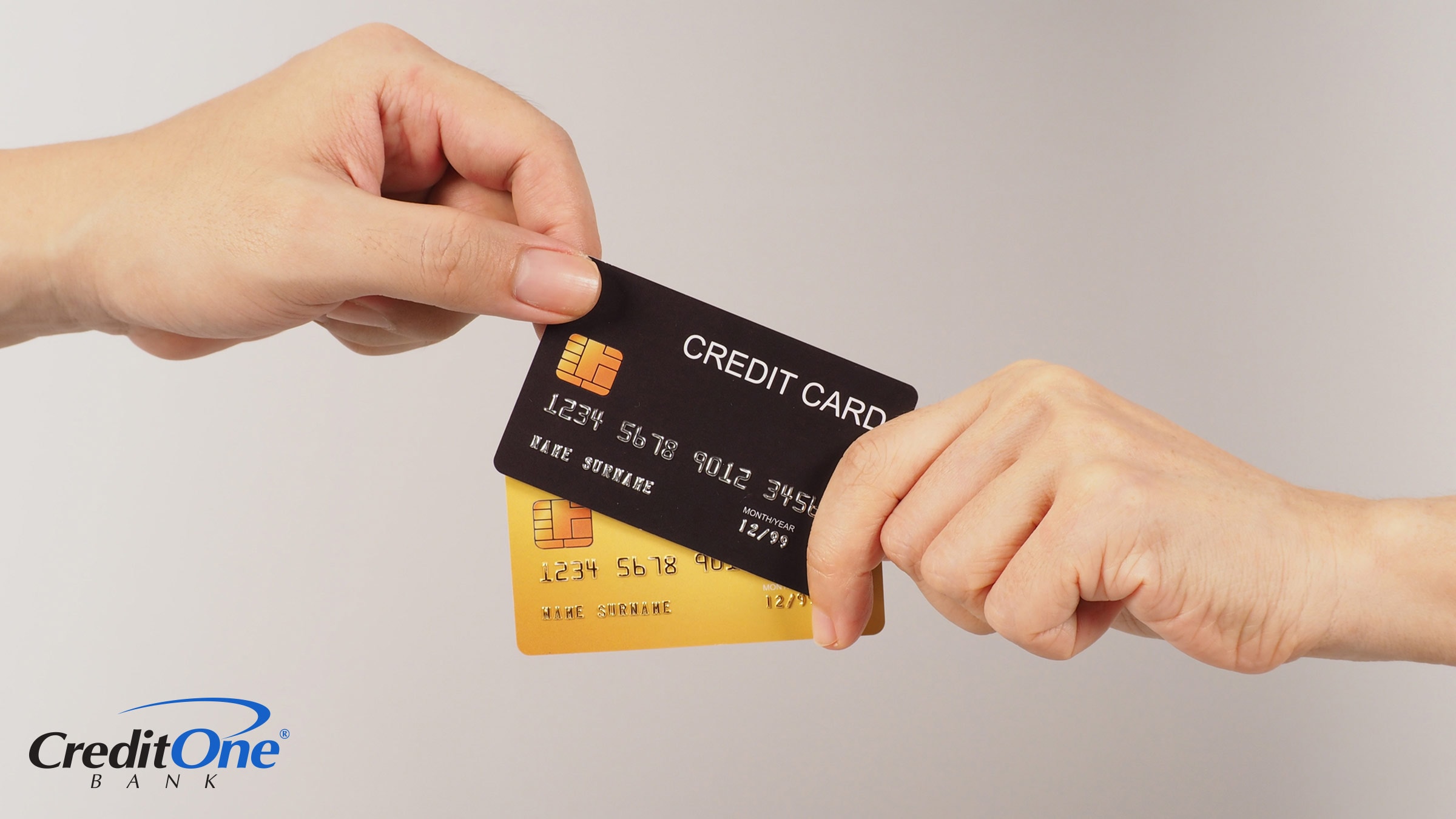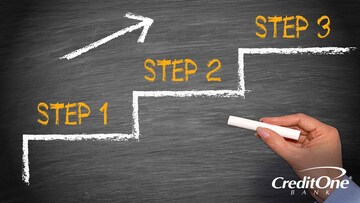
In this article:
- Introduction
- What Are Credit Cards and Debit Cards?
- Key Differences Between Credit Cards and Debit Cards
- Pros of Using a Debit Card
- Cons of Using a Debit Card
- Pros of Using a Credit Card
- Cons of Using a Credit Card
- When Should You Use a Credit Card vs Debit Card?
- Common Misconceptions About Credit and Debit Cards
- FAQs About Credit Cards and Debit Cards
- Bottom Line
Introduction
Using cash to pay for your purchases makes it easier to limit your spending because you can only use the money you have on hand. But choosing to pay with cash over a credit card or debit card could cost you. Cash payments don’t offer any of the consumer perks of paying by credit card or debit card.
Some of those benefits include:
- The ability to make online purchases
- A record of payment even if the receipt is lost
- The potential to earn rewards
- Fraud, purchase, and return protection
- More security against loss or theft
Both debit cards and credit cards offer these benefits to one degree or another, but each type of card also has unique advantages and disadvantages over the other. Looking at the pros and cons of each card could make your choice easier when deciding which one to use for any given purchase.
What Are Credit Cards and Debit Cards?
Credit cards and debit cards are both plastic (or metal, or wood) cards that you can keep in your wallet and use to make purchases. Both can also be used to shop online, and both can usually be added to a digital wallet on your device. But they’re each unique in other aspects.
What is a credit card?
A credit card is attached to an account that’s essentially a loan from a creditor. As opposed to installment credit like car loans, student loans and mortgages, a credit card is a type of revolving credit. That means when you pay down your balance, you can continue using your available credit over and over again. Installment loans are different because once you pay them off, they’re done.
Credit cards work through a network like Visa, Mastercard, Discover or American Express. These networks handle the transactions between merchants and card issuers, which include many banks and credit unions.
What is a debit card?
A debit card looks a lot like a credit card, and still uses credit card networks for processing. So as far as a point-of-sale experience goes, they’re practically identical. What differs is the process happening behind the scenes.
Debit cards are not loans, and they don’t offer credit. They pull funds directly from your bank account — usually a checking account. If you don’t have the money available in the bank, the debit card transaction will either be declined, or use a backup overdraft source that you’ve identified (like a connected savings account).
Key Differences Between Credit Cards and Debit Cards
Here’s how credit cards and debit cards are similar and different at a glance.
| Credit cards | Debit cards | |
| Secure transactions | Yes | Yes |
| Can use online | Yes | Yes |
| Can rent cars | Yes | With a funds hold |
| Source of funds | Loan from issuer | Bank account |
| Interest charges | Typically up to 30% | No |
| Late fees | Yes | No |
| Credit building | Yes | No |
| Fraud protection | Yes | Some |
| Purchase protection | Yes | Yes |
| Rewards | Often | Sometimes |
Pros of Using a Debit Card
Here’s why you might consider using your debit card for purchases.
- A debit card can be a useful tool for sticking to a monthly budget, because the amount available for purchases is limited to the available funds in your bank account.
- Debit cards don’t have any interest charges or late payment fees since you’re not borrowing any money.
- A debit card lets you make cash withdrawals and deposits at participating ATMs rather than having to go into a branch location.
- Depending on the perks offered by your financial institution, it may be possible to earn cash back rewards for qualifying transactions.
- A debit card can be easily replaced if lost or stolen.
Cons of Using a Debit Card
On the other hand, using a debit card comes with some drawbacks.
- Since the amount available for purchase is limited to your checking account balance, you need to make sure you have enough funds to cover each transaction.
- Your card may be declined at the cash register if you don’t have enough money in your bank account.
- If you’ve opted to set up overdraft, you may face an overdraft fee or insufficient funds fee if you don’t have enough money in your main account.
- Fraud protection is more time-sensitive than with credit cards. If you wait more than two business days to inform your bank or credit union of a lost or stolen card, you could be liable for up to $500 of unauthorized charges.
- Traveling with a debit card can be challenging because hotels and car rental companies often place holds on funds, preventing you from accessing the money in the meantime.
- Debit card use is not reported to the credit bureaus, so it does nothing to help you build a positive credit history and healthy credit score.
Pros of Using a Credit Card
Depending on the circumstances, credit cards have some advantages over debit cards.
- A credit card essentially provides you with an instant loan up to a preset credit limit, which may be more than you keep in your bank account.
- Making on-time payments and keeping your account balance low can help improve your credit score.
- Your credit card may offer rewards, such as cash back, points, or airline miles on eligible purchases.
- Your credit card issuer may offer travel, accident, and baggage insurance for a small fee or at no additional cost.
- Fraud protection is greater than with a debit card, limiting your liability to a maximum of $50 if fraud occurs on your card after it’s lost or stolen.
- A credit card can be easily replaced if lost or stolen.
Cons of Using a Credit Card
Of course, credit cards also come with some potential drawbacks that you should be aware of.
- Since a credit card essentially provides you with an instant loan, you could find yourself with growing debt that harms your financial well-being.
- You’re responsible for paying interest on your credit card purchases, unless your credit card offers a grace period and you pay the balance in full each month.
- You may be subject to various fees or penalties, such as annual fees, late fees, or increased interest rates for missing payments.
- Failure to make on-time payments of at least the minimum amount due may show in your credit reports and could damage your credit score.
When Should You Use a Credit Card vs Debit Card?
You likely have both credit cards and debit cards in your wallet, so you’ll want to decide which one makes the most sense for each purchase.
Best situations for credit cards
Credit cards are great for large purchases that would take too big a chunk from your bank account if you used debit. They’re also ideal for travel bookings if you don’t want holds placed on your funds, or if you can earn points or cash back rewards on travel-related expenses.
But the biggest benefit, which is often overlooked, is the opportunity to build credit or improve your credit score by using your credit card and making timely payments.
Best situations for debit cards
Debit cards are great for daily spending and smaller purchases. Of course, if your goal is to earn rewards with your credit card and pay off your balances right away, credit cards can also work well in these scenarios. But otherwise, the debit card is usually your best choice here.
Debit cards also allow you to budget for exactly how much you’re going to spend in comparison to the money coming into your bank account. That means you can avoid debt and more easily keep your purchases under control.
Common Misconceptions About Credit and Debit Cards
You may have heard some common misconceptions around credit and debit cards, so let’s debunk the myths.
Myth: Using a debit card improves your credit score.
Yes, they use credit card networks to process payments, but that doesn’t mean you can build your credit with a debit card. Your credit score is only affected by information that creditors provide to the credit bureaus, which then shows up in your credit reports. Debit cards aren’t providing you with credit, so there’s nothing to report.
Having said that, some new financial offerings have popped up in recent years, touting themselves as debit cards that can help you build credit. The way these cards work is that the issuer covers the cost for your immediate purchases, then pulls the funds from your bank account the next day and reports it as a full repayment. So they’re actually a hybrid credit-debit product.
Myth: Carrying a credit card balance helps your credit.
If you carry a balance on your credit card, you’ll have to pay interest, and may end up with too high of a credit utilization ratio — the amount of your credit line you’re currently using. So carrying a balance will cost you money and can lower your credit score, not boost it.
Using a credit card can help you build credit, but the key is to spend conservatively and make payments on time, every time. You don’t have to pay your full balance every time to see your score rise, but not paying the full balance doesn’t offer any benefits at all.
Myth: Closing unused credit cards improves your credit score.
Closing your older credit card accounts can decrease the length of your credit history, which could actually lower your credit score. It also usually raises your overall credit utilization ratio by decreasing your available credit, which also has a negative effect on your score.
FAQs About Credit Cards and Debit Cards
Here are some frequently asked questions about payment cards.
Does a debit card build credit?
No, most debit cards do not help build credit since you’re only using your own money. Those debit cards advertised with this benefit function more like a hybrid card.
Can I use a debit card for online purchases?
Yes, you can usually use a debit card anywhere you would use a credit card since they operate through the credit card networks.
What happens if someone steals my credit card?
It’s important that you report a lost or stolen card to your creditor as soon as possible. If you report it before anyone fraudulently tries to use it, you won’t be held responsible for any unauthorized charges. If it gets used before you report it missing, the most you’re responsible for is $50 worth of unauthorized charges.
What happens if someone steals my debit card?
It’s crucial to report a lost or stolen debit card to your bank right away. If you notify the financial institution within two business days, the most you can be held responsible for is $50 worth of unauthorized transactions. But if you don’t notify them until two or more business days have passed, you could be responsible for up to $500 in authorized transactions.
Should I have both a credit and debit card?
Many people like to have both a credit card and a debit card. The debit card is good for smaller transactions when you have the cash flow to support them, and the credit card is great for earning rewards, building credit, and traveling or making larger purchases.
Bottom Line
Sometimes using a debit card is the best choice, and other times a credit card is a better option. Carrying both types of cards in your wallet, along with cash, keeps your financial options open and allows you to pick and choose the most advantageous times to use each.
If you’re looking to take advantage of some of the benefits credit cards have to offer, including rewards on eligible purchases and credit-building opportunities, you can see if you pre-qualify in less than a minute — without harming your credit score.
Heather is an accomplished writer and editor in the financial and business industries, with expertise in credit building, investments, cryptocurrency, entrepreneurship, and thought leadership. She loves investigating and pulling apart complicated topics to make them simple, engaging, and easy to understand. But she also enjoys writing about the personal side of life, including self-help, creativity, relationships, families, and pets. She approaches everything from a yin-yang perspective, so her passion for wordplay and metaphors is always balanced with an intense focus on accuracy. Heather has a BFA in Visual Arts from York University, and has worked as a journalist in all media: TV, radio, print, and online.




